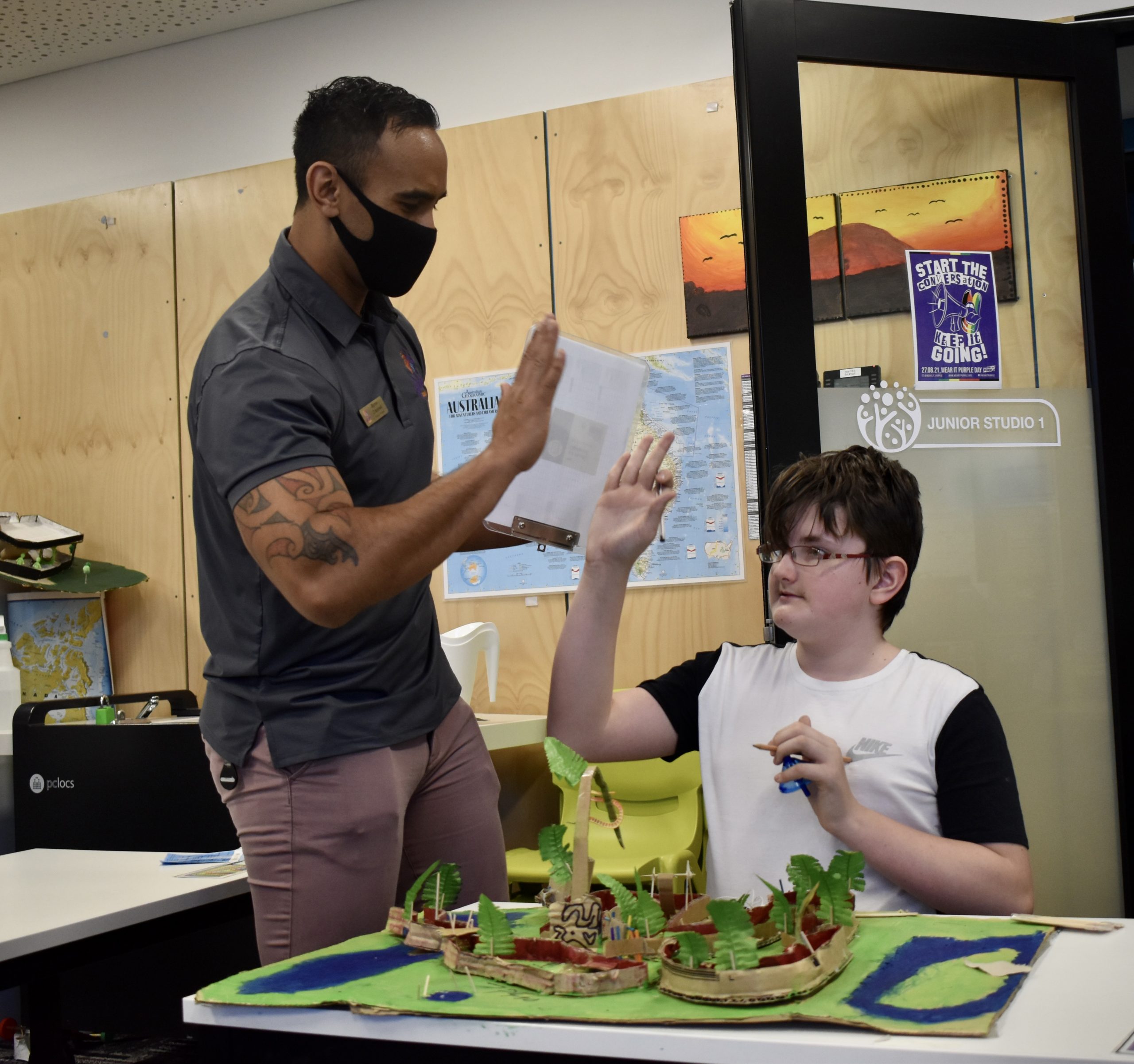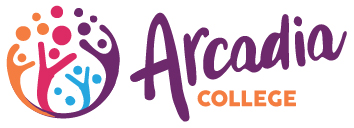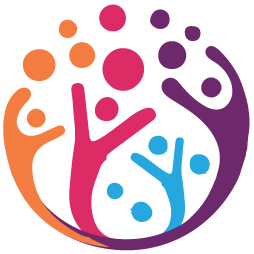It is our vision to transform approaches to secondary schooling through the provision of a safe, inclusive, supportive, progressive and supple suite of educational experiences. As professional educators, it is our mission at Arcadia to support and empower young people to achieve individual and collective success, offering an engaging, pleasurable and future-focused program, that offers students a unique educational experience, whilst guiding their pathways to success in school and in life. We believe that learning success is determined by an individual, and our priority is to nurture and guide our young people, so that they believe they are capable of success, through hard work, determination and commitment to their learning.
- Philosophy
- Teaching & Learning Overview
- Learning Approaches
- Curriculum 7-10
- Senior Curriculum
- Duke of Edinburgh
‘Ohana,’ means family; no one is left behind.

Arcadia College integrates the Australian Curriculum with real world challenges and lifelong skills for learning.
Arcadia College is a co-educational secondary school offering a safe, inclusive and future-focused educational and well-being program. As a special assistance school, we cater for a diverse range of students’ learning, emotional, psychological and physical needs, in order to give our students’, the best opportunity to build their future pathways and lives. Aligned to the Australian Curriculum, the Queensland Curriculum and Assessment Authority (QCAA) and guided by the Alice Springs (Mparntwe) Declaration on Educational Goals for Young Australians, Arcadia College staff create, implement and evaluate high quality, responsive and supportive programs with respect to the ages, abilities, aptitudes and development of our students. Through the targeted teaching of English, Mathematics and Science, with newly generated PBL projects, aligned to the Australian Curriculum and importantly, students’ interests, this suite of programs will expose students to enriched learning experiences, indicative of societal expectations, curriculum imperatives and the complex demands of 21st century life. This curriculum has thus been designed to incorporate ‘real world challenges,’ and ‘lifelong skills for learning,’ whilst reflecting the requirements of the Australian Curriculum. Arcadia has also embedded literacy and numeracy intervention strategies for those students who require additional assistance in these areas. In addition, students will engage in social and emotional learning through a structured, targeted framework, incorporating developmental needs of students, as well as through Adventure-Based Learning programs in the Health and Physical Education Key Learning Area (KLA). Students are also able to choose from a select range of learning units to deeply engage with and direct their own learning adventures.
Project-Based Learning
Project Based Learning (PBL) is a student-centred learning approach, engaging students in a variety of curriculum areas, concepts and ideas. Fostering students to develop their potential as independent learners, creative and critical thinkers and collaborators, PBL explores a variety of issues through a range of projects related to ‘real life,’ experiences. This teaching and learning framework, encourages students to navigate their own learning journeys, whilst gaining skills and knowledge to assist their future career and employment aspirations.
Arts
Linked heavily to the guiding principles of PBL, an Arts-based pedagogy is also embedded throughout learning in several cohorts, acting not only as a tool for re-engagement, but also as a powerful therapeutic tool. The Italian pedagogy of Reggio Emilia suggests that the classroom environment acts as ‘the third teacher,’ (Malaguzzi 1998) and, as such, learning areas must be aesthetically pleasing, stimulating, filled with light and the constant display and documentation of students’ work and thinking. As such, students are encouraged to participate in the active creation of their learning environments and transform their classrooms to reflect the themes or topics each semester. Staff encourage students to equally participate in this process, to ensure that they are the architects of their own learning spaces, and they have autonomy over their work. This process is also linked to the ‘entry event,’ PBL activity, that is held at the beginning of each topic to promote interest and gain student buy in. Students will contribute to the learning environment during each term, where they can visibly see their efforts and track their own learning.
Service Learning/Community
Through a structured, targeted learning model, service learning is an educational approach that actively involves students in a wide range of experiences, which often benefits others and the community, whilst advancing the goals of the curriculum. Community-based activities are delivered through a progressive learning experience and are often paired with structured preparation and student reflection. Students have the opportunity to engage in a variety of community-based projects, integrating meaningful learning experiences with the curriculum outcomes.
Social Emotional Learning (SEL)
Arcadia College promotes Social & Emotional Learning (SEL) as a core element of its educational program. The whole school approach allows the globally recognised social and emotional core competencies of: self-awareness, self-management, social awareness, relationship skills and reasonable decision making. These skills are developed organically through key learning experiences within the College along with explicit teaching of evidence-based programs. Embedded within this framework are key components such as Experiential Learning and Adventure Based Learning (ABL) initiates to facilitate individual capabilities, team building, problem solving, creativity, critical thinking, trust and communication.
Experiential Learning/Adventure-Based Learning
ABL/EL is based on a philosophy that, in essence, states that individuals are usually more capable (mentally, emotionally and physically) than they perceive themselves to be and if given the opportunity to participate in a supportive atmosphere, can discover this excellence within themselves.
ABL/EL utilises learning initiatives, low and high challenge programs and activities to facilitate individual capabilities, team building, problem solving, creativity, critical thinking, trust and communication. The experience allows the individual and team to approach physical, social, mental and emotional challenges in a safe and secure setting.
HPE is linked substantially through Experiential Learning (EL), also written as, Adventure-Based Learning (ABL)/Experiential Learning strategies, in an attempt to engage our young people in full participation of concepts and skills in this area. Key components of HPE are also evident within our Social Emotional Learning Framework (see SEL Framework 2019), to promote and link core concepts and life skills needed to promote and educate young people regarding the aim for them to develop into healthy, happy and functioning citizens.
Arcadia College delivers the Australian Curriculum in a flexible, engaging manner within smaller class settings.
The curriculum is enhanced through other learning opportunities, such as electives, experiential learning, service learning and cross curricular activities. Learning areas include: English, Mathematics, Science, HASS, HPE, The Arts, Technologies. Subjects are linked through a common theme or topic for each term, with an overall project (PBL) attached to incorporate cross curricular areas such as, The Arts, Technologies, and HASS, in an attempt to promote continuous engagement and supporting student learning needs.
Intervention
English and Mathematics units across the Year 7, 7/8 and 9 classes, have a strong emphasis on students’ literacy and numeracy needs, with interventional support leading and nurturing students to their expected year level achievement standards in the Australian Curriculum. English and Mathematics are implemented and explicitly delivered in the curriculum delivery time allocated to targeted literacy and numeracy.
Targeted Intervention programs for Literacy and Numeracy are delivered daily within the timetable and include:
- Corrective Reading
- Elementary Maths Mastery
- Junior Elementary Plus Maths Mastery
- Rocket Maths (differentiated Maths Facts Fluency program)
- Education Perfect (individualised online learning platform across all KLA’s)
Year 10 students are also encouraged to complete certificates of interest, in order to begin accumulating points towards their Queensland Certificate of Education (QCE). Furthermore, Year 10 students are offered the opportunity to complete work experience programs to assist them in the development of their Senior Education Profiles (SEPs).
Arcadia College recognises the importance of providing the opportunity to improve social, educational and employments outcomes of young people, including in particular, those who are at risk of disengaging from education and training (Education Act, 2006).
The programs implemented at Arcadia College, recognise future education, work pathways or any other career or interest communicated.
Arcadia College offers four pathways to provide students with the opportunity to complete their Queensland Certificate of Education (QCE), whilst they attend Arcadia College. The pathways include: The Arts Pathway, University Pathway, Work Ready Pathway and Individual Pathway.
All senior students are mapped out an individual SET plan, based on a subject selection form (see Appendix 2) in consultation with our Careers and Training Coordinator, Guidance Officer, Teaching staff and parents, in line with students’ interests, strengths and ability. Students are given the opportunity to guide their own learning journeys, as well as enter into the workplace.
Senior Subject Offerings
Arcadia College offers a variety of Applied/Essential subjects which are mapped according to their chosen senior pathway. All pathways enable students to receive a QCE (Queensland Certificate of Education) should they complete the requirements of each component. Subjects include: Essential English, Essential Mathematics, Social and Community Studies, Science in Practice, Arts in Practice and Sport and Recreation. Students are given the opportunity to tailor their interests, whilst being offered the opportunity to gain a QCE.
TAFE/VET Pathways
Students at Arcadia College are encouraged to complete a certification from Year 10, in order to gain experience and qualifications on exiting Arcadia College. The College offers a variety of certificates, both internally and externally depending on student needs and interests.
UniStart for Schools Program
Partnered with Southern Cross University, Arcadia College offers a unique, intensive University program which enables students on completion, to gain direct entry into some courses offered at Southern Cross University. Students complete a range of University style assessment tasks, to prepare students for the academic requirements of University. The course runs for 15 weeks beginning Term 2, and selected students are invited to attend.
Arcadia College is proud to deliver the Duke of Edinburgh Award, supporting programs across the campus.
This award is a powerful youth development program where students follow and develop their passion within the following domains;
Voluntary Service: Volunteering time to assist others or the community.
Physical Recreation: Improving fitness and discovering new sports or active recreational activity
Skill: Undertake a new interest or hobby or extending on a current role.
Adventurous Journey: Undertaking a journey in an unfamiliar environment and creating opportunities for team building through sharing planning, role allocation, problem solving and accommodation physical and personality differences.
One completion of the required hours of each level, students must complete their adventurous journey. The aim of this section is to provide students with the opportunity to learn more about the wider environment, as well as to develop their self-confidence, team work and health. Participants are taken out of their comfort zone in an unfamiliar environment but kept within a safe and secure setting, achieved through suitable training and supervision by Arcadia College’s Adventurous Journey Supervisors (AJS).
Arcadia College tailors the Duke of Edinburgh Award to support students achieving their personal best. Taking responsibility for their goals and choices, The Bridge Award is offered to the Junior School as a positive introduction to the program.


